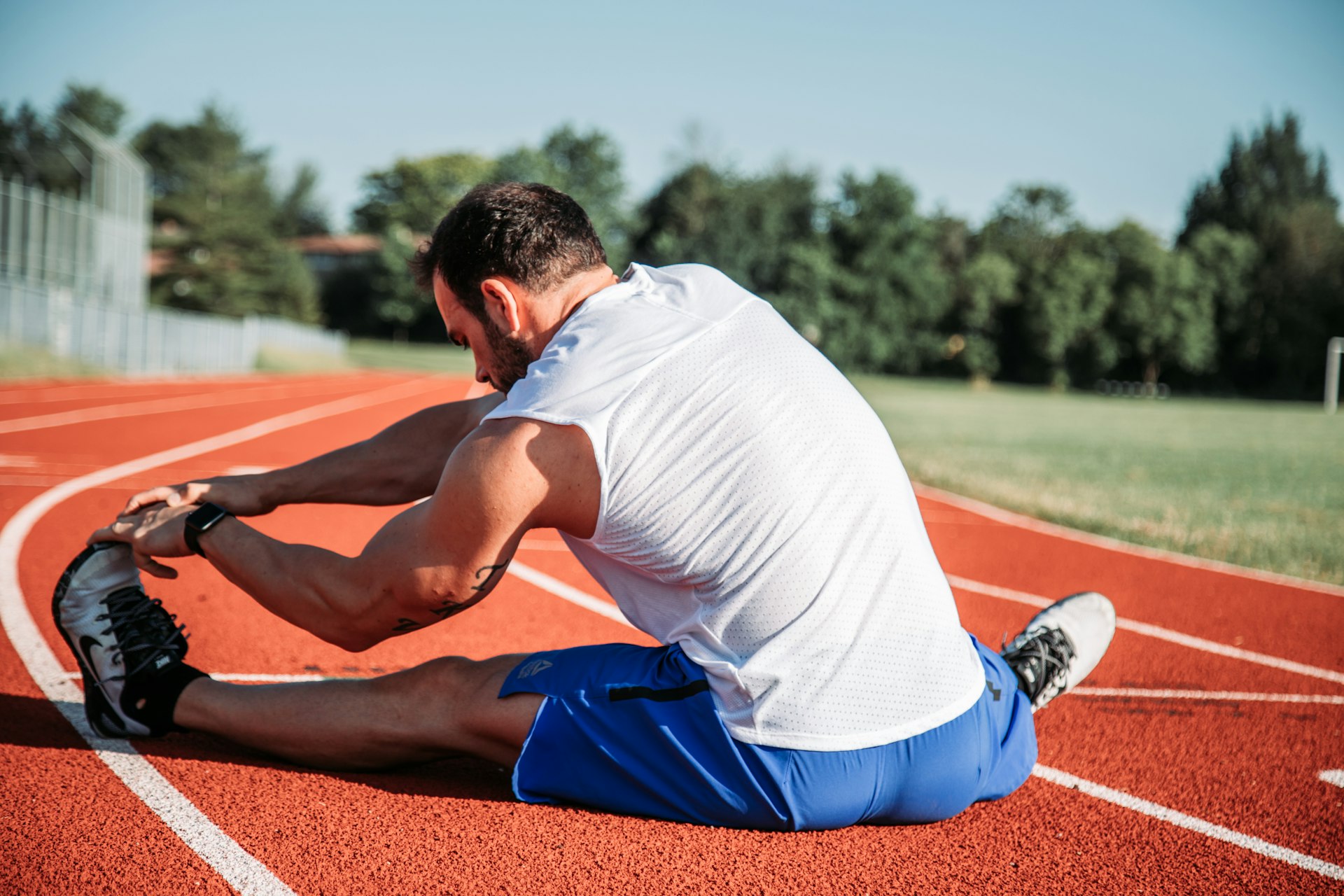Sports Injury Treatment
Sports Injury Treatment
In the realm of sports injury treatment, physiotherapy plays a pivotal role in facilitating recovery and restoring athletes to their optimal performance levels. Physiotherapists employ a multifaceted approach tailored to the specific nature and severity of the injury. This often involves a combination of manual therapy techniques such as massage, joint mobilization, and stretching to alleviate pain, reduce inflammation, and restore mobility. Additionally, therapeutic exercises are prescribed to strengthen weakened muscles, improve flexibility, and correct any biomechanical imbalances contributing to the injury. Through progressive rehabilitation programs and close monitoring, physiotherapy aims not only to heal the injury but also to prevent recurrence and enhance overall athletic performance.
Moreover, sports injury treatment in physiotherapy extends beyond the physical realm to encompass psychological support and education. Physiotherapists provide athletes with guidance on injury prevention strategies, proper warm-up and cool-down techniques, and optimal training practices to minimize the risk of future injuries. Furthermore, they offer encouragement, motivation, and mental resilience training to help athletes navigate the emotional challenges associated with setbacks and prolonged rehabilitation periods. By addressing both the physical and psychological aspects of sports injuries, physiotherapy empowers athletes to overcome adversity, regain confidence in their abilities, and return to their sport stronger and more resilient than before.

How long does it typically take to recover from a sports injury with physiotherapy?
The duration of recovery from a sports injury with physiotherapy varies significantly depending on the type and severity of the injury, as well as individual factors such as overall health and adherence to the treatment plan. In general, mild to moderate sports injuries may require a few weeks to several months of physiotherapy to achieve full recovery. However, more severe injuries or those requiring surgical intervention may necessitate a longer rehabilitation period extending from several months to over a year. The key to successful recovery is consistent participation in physiotherapy sessions, diligent adherence to home exercise programs, and close communication with the physiotherapist to monitor progress and adjust treatment as needed. Ultimately, the goal of physiotherapy is not just to heal the injury but also to restore function, mobility, and strength to enable the individual to return to their sport safely and effectively.
Can physiotherapy assist in improving sports performance and preventing injuries in athletes?
Yes, physiotherapy can play a significant role in improving sports performance and preventing injuries in athletes. Physiotherapists are trained to assess biomechanical imbalances, muscle weaknesses, and movement patterns that may predispose athletes to injury. By identifying these risk factors, physiotherapists can design personalized exercise programs to address weaknesses, improve flexibility, and enhance overall movement mechanics, thereby reducing the likelihood of injury during training and competition.
Furthermore, physiotherapy focuses on optimizing athletic performance by improving strength, endurance, agility, and proprioception through targeted exercises and training protocols. By enhancing these physical attributes, athletes can perform at their peak while minimizing the risk of overuse injuries or muscular imbalances.
